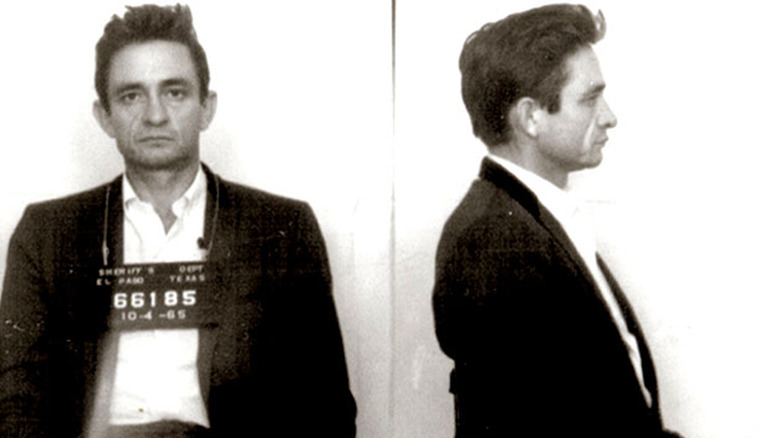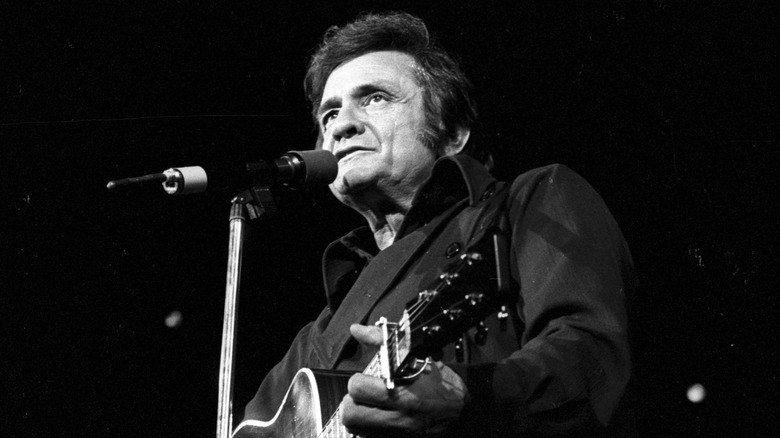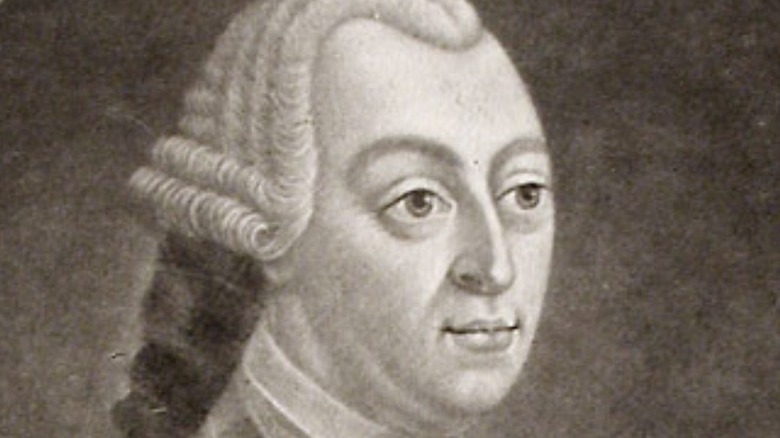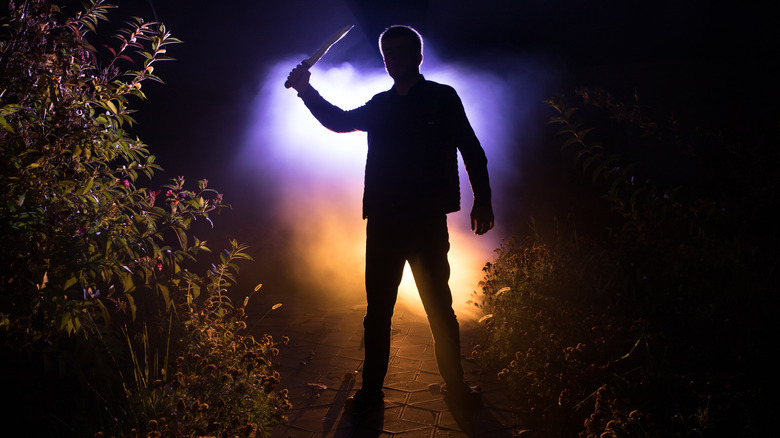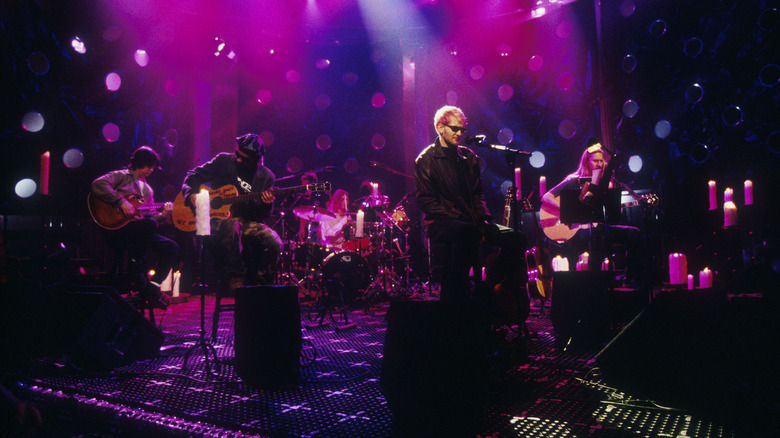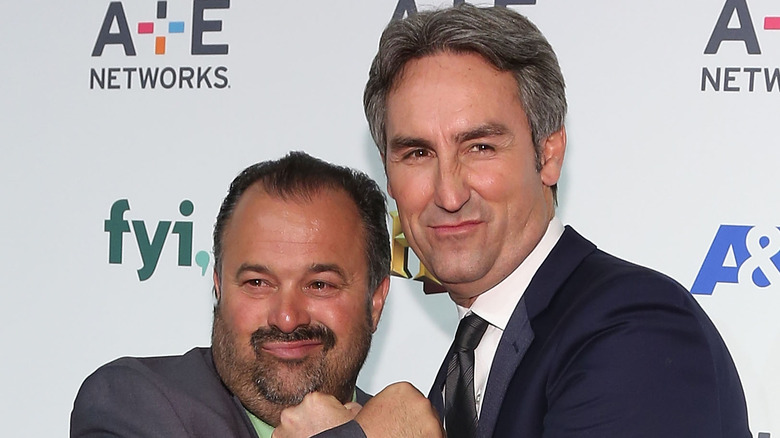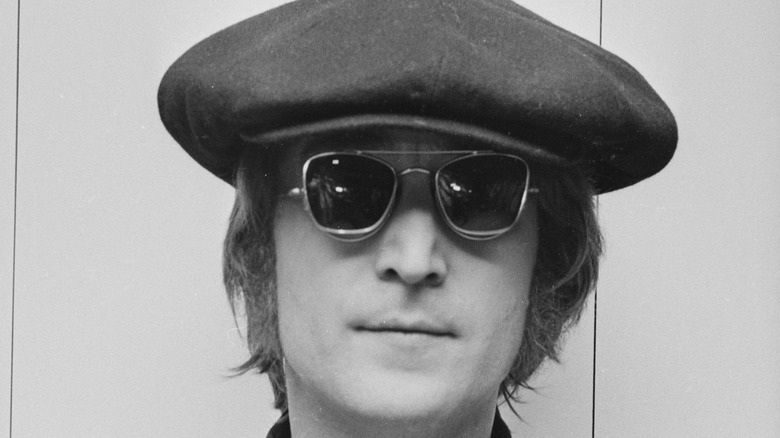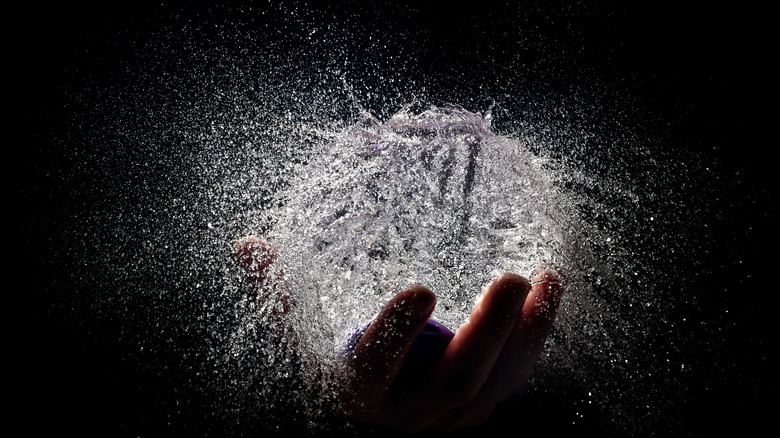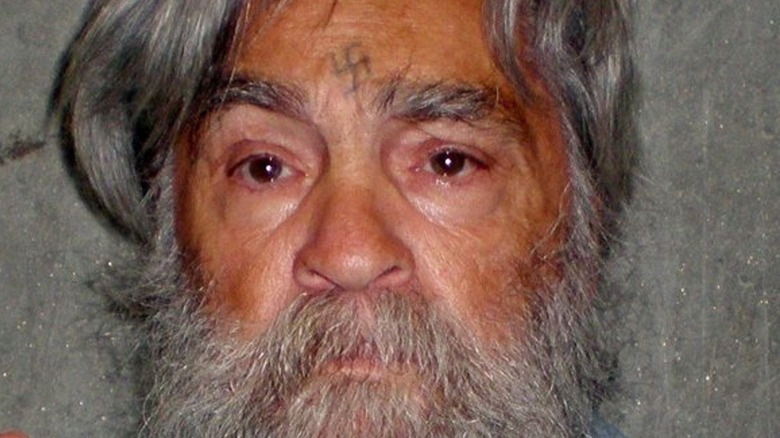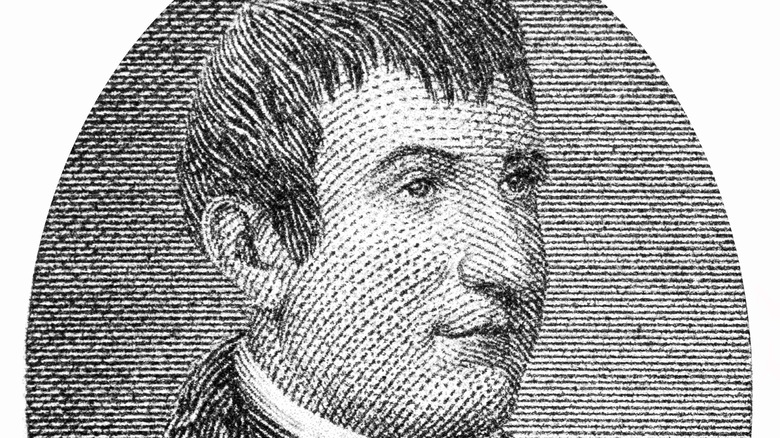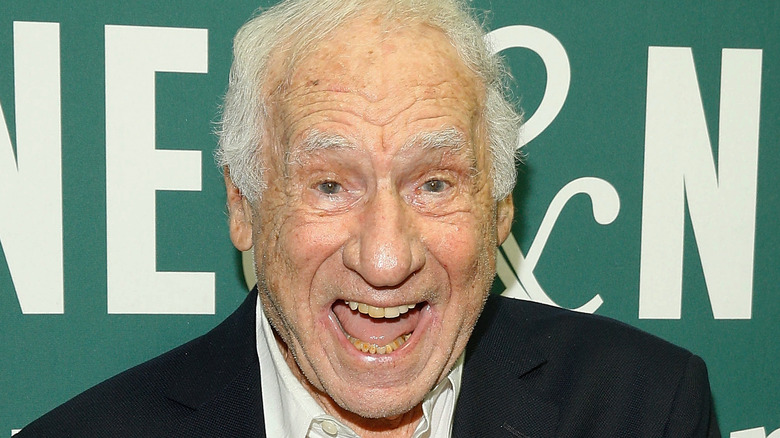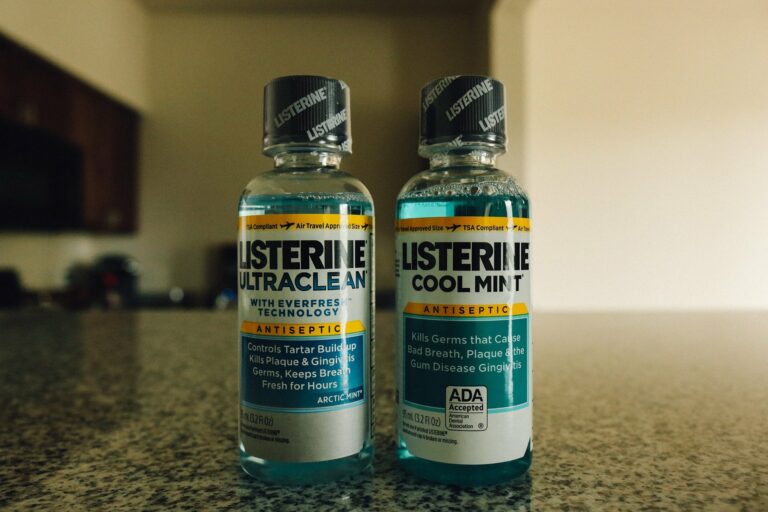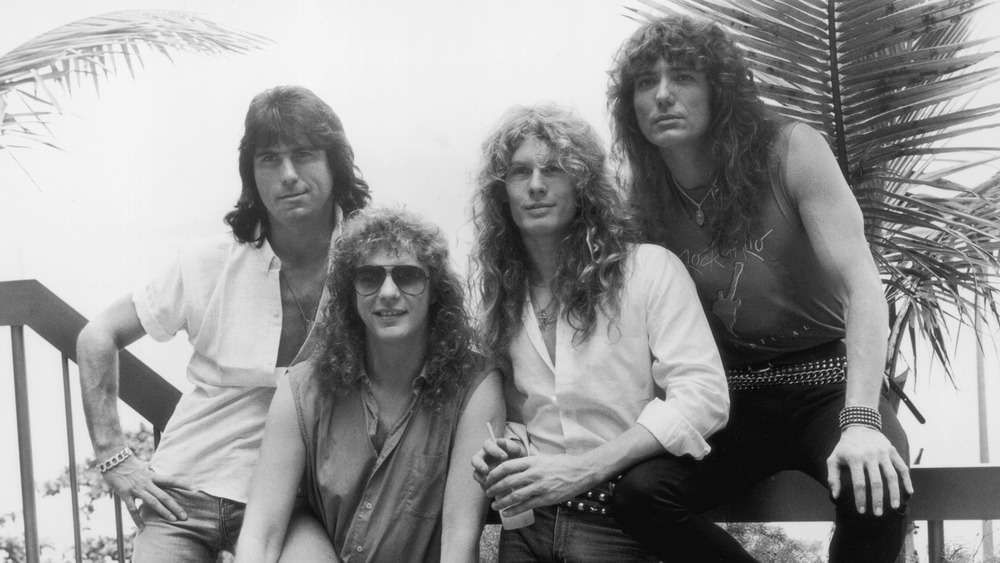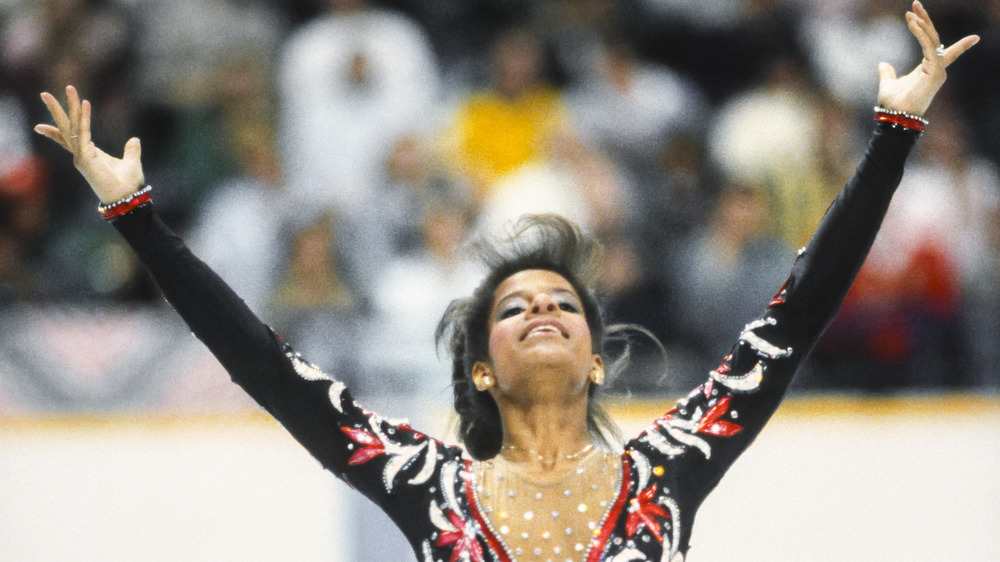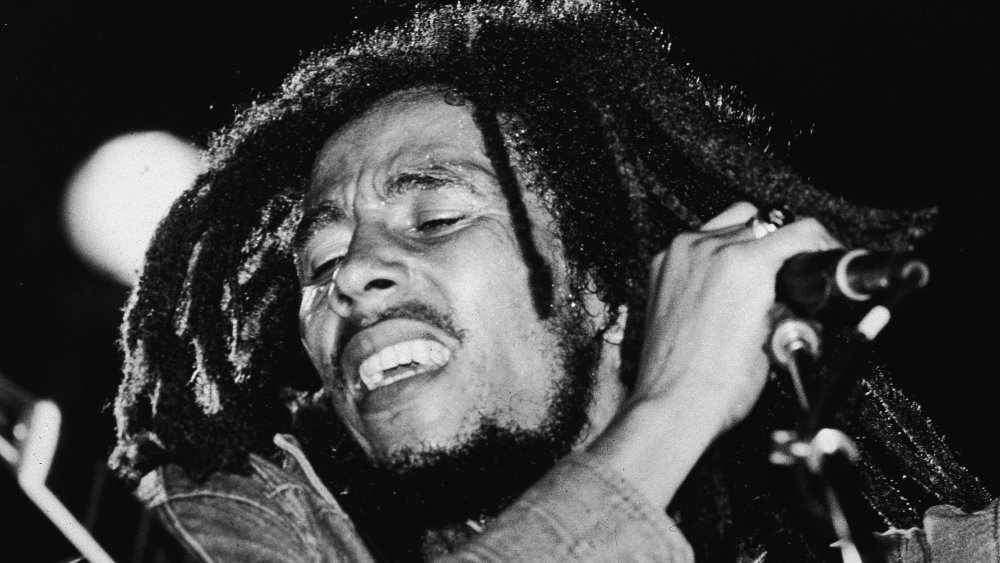
The Dark Side Of Johnny Cash Everyone Likes To Ignore
In his 71 years on Earth, Johnny Cash encountered enough trials and tribulations to last multiple lifetimes. Born J.R. Cash on February 26, 1932, the future country and rock ‘n’ roll legend grew up poor in northeast Arkansas. At the young age of 12, his older brother Jack died in a gruesome accident, one that their father would allegedly blame J.R./Johnny for — as dramatized in the biopic “Walk the Line” and parodied a few years later in “Walk Hard.” Years later, he rose to great fame as a musician but also dealt with drug and alcohol problems for much of his adult life. And when he released his unlikely, yet heart-wrenching cover of Nine Inch Nails’ “Hurt” just months before his death in 2003, you could feel all the pain he had suffered through the years coming out in what would effectively turn out to be his swan song.
Many people are likely aware of Cash’s dark side — aside from the substance abuse and the unreal lengths he took to score drugs back in the day, he’s had several run-ins with the law and had spent some time behind bars. These experiences helped inform some of his greatest hits, and were largely documented in “Walk the Line.” But beyond what you may already know about the Man in Black’s less than savory exploits, there are a few other sordid details about his life that a lot of fans tend to ignore.
He started a forest fire that killed dozens of endangered birds
The song “Ring of Fire” may be about one person’s passionate love for their partner, but on June 27, 1965, Johnny Cash seemed to take his now-classic tune’s title a bit too literally while camping with his nephew Damon Fielder at California’s Los Padres National Forest. According to the Los Angeles Times, both men argued for most of the trip, with Fielder bothered by his uncle’s heavy drinking and pill-popping.
That night, Cash was staying in his camper when, apparently feeling the need to keep warm, he made a fire. Unfortunately, the fire quickly spread out of control and ended up destroying more than 500 acres of land and killing 49 California condors, leaving only four of the endangered birds alive. As pointed out by the Times, Fielder believed that his uncle might have been so wasted on booze and amphetamines that he allowed the blaze to go out of control.
Given the circumstances, it was no surprise that investigators held Cash liable for the fire. While giving his sworn testimony in court, he told a different story from that of his nephew. He claimed that a malfunctioning exhaust pipe on his camper was to blame for the blaze, quipping, “I didn’t do it, my truck did and it’s dead, so you can’t question it.” He also didn’t appear to show remorse after his recklessness nearly caused an entire species to go extinct, allegedly saying at one point, “I don’t care about your damn yellow buzzards.”
Per The Vintage Times, Cash was ultimately found guilty and fined $82,000 for accidentally causing the wildfire.
He relapsed multiple times after the events of Walk the Line
If you watched “Walk the Line,” you’ll likely remember that the 2005 film ends with Johnny Cash’s now-iconic Folsom Prison concert, and the Man in Black proposing to June Carter on stage during their subsequent tour. Johnny and June then get married, Johnny reconciles with his long-estranged father, and he appears to be a clean and sober family man at the end of the film. All’s well that ends well, right? In a 2007 interview with Reuters, Johnny and June’s son, John Carter Cash, revealed that his parents ostensibly had a perfect marriage, but behind closed doors, “the suffering continued and it worsened, if anything, throughout the years.” So much for the movie’s storybook ending.
As explained separately by The Culture Trip, Cash was indeed clean as of 1970, but seven years later, he had the first of what would be multiple relapses. After entering rehab in 1977, he was drug-free once again … only to relapse in 1989, then a third time in 1992. The publication also notes that Cash “[struggled] with addiction” until his death in September 2003.
In his book, “Anchored in Love: The Life and Legacy of June Carter Cash,” John Carter Cash went into greater detail about his parents’ substance abuse issues and oftentimes turbulent 35-year marriage. However, he stressed to Reuters that Johnny and June truly had a “long-lasting” love for each other, “even though it may [have been] through long suffering.”
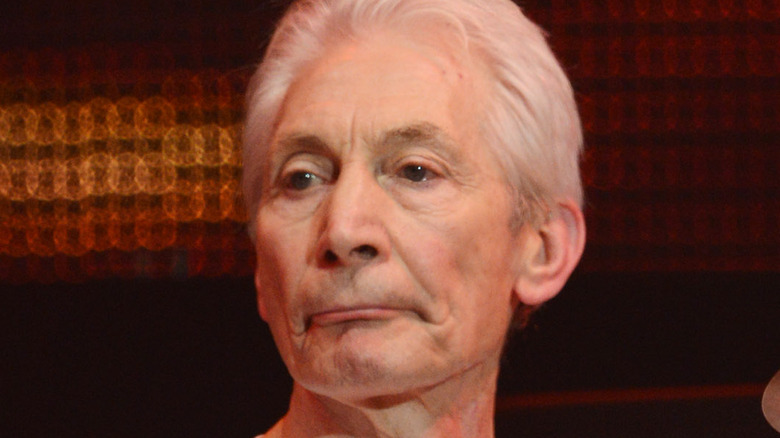
The Surprising Thing The Rolling Stones' Charlie Watts Did At The Playboy Mansion
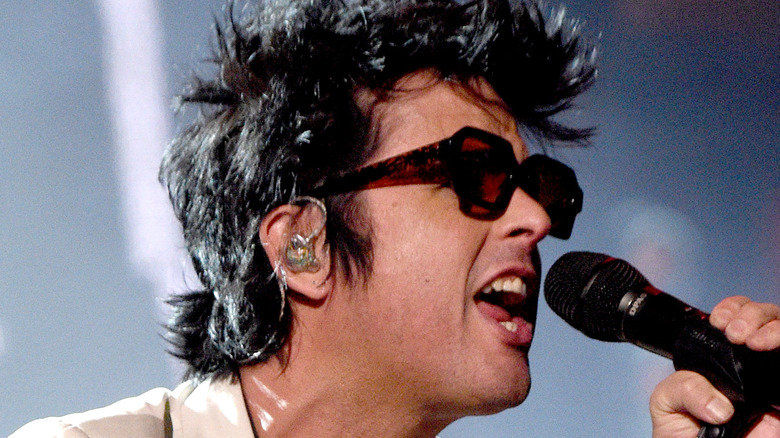
The Worst Green Day Hit Song Might Surprise You
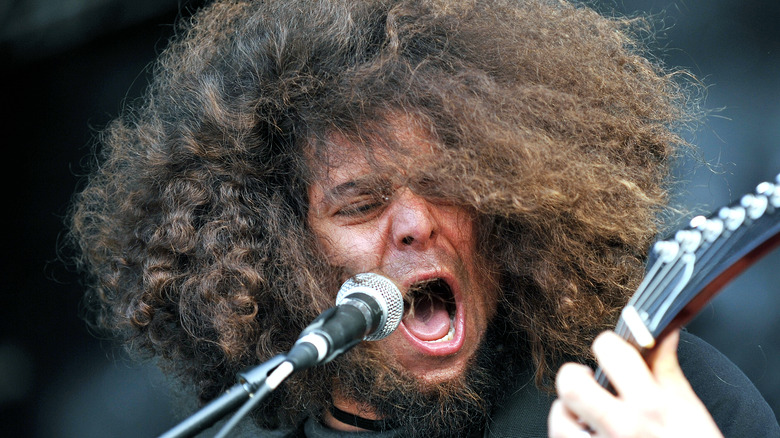
The Untold Truth Of Coheed And Cambria

Nearly 30% Of People Agree This Iconic Rock Star Had The Worst Solo Career
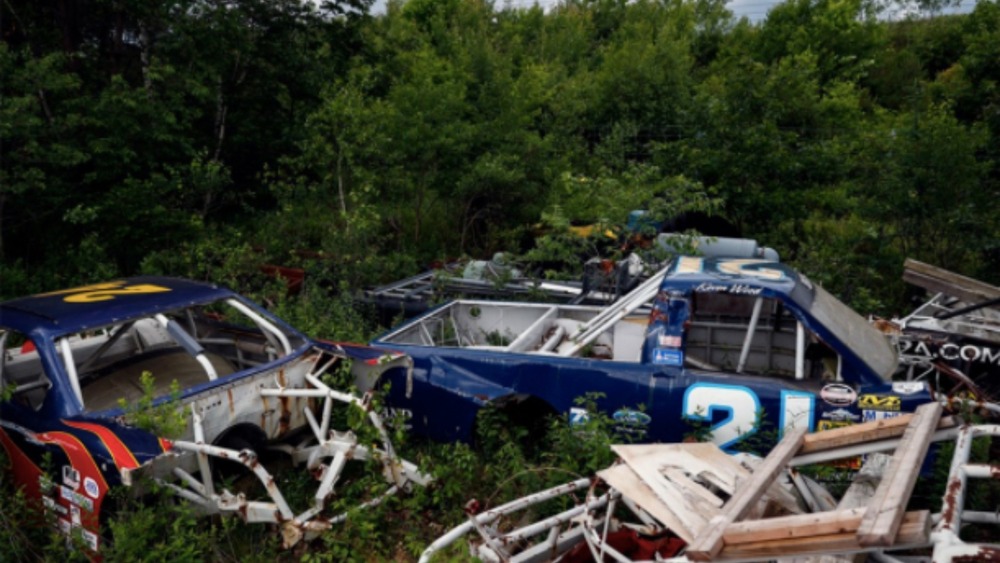
What You Didn't Know About Dale Earnhardt Jr.'s Race Car Graveyard
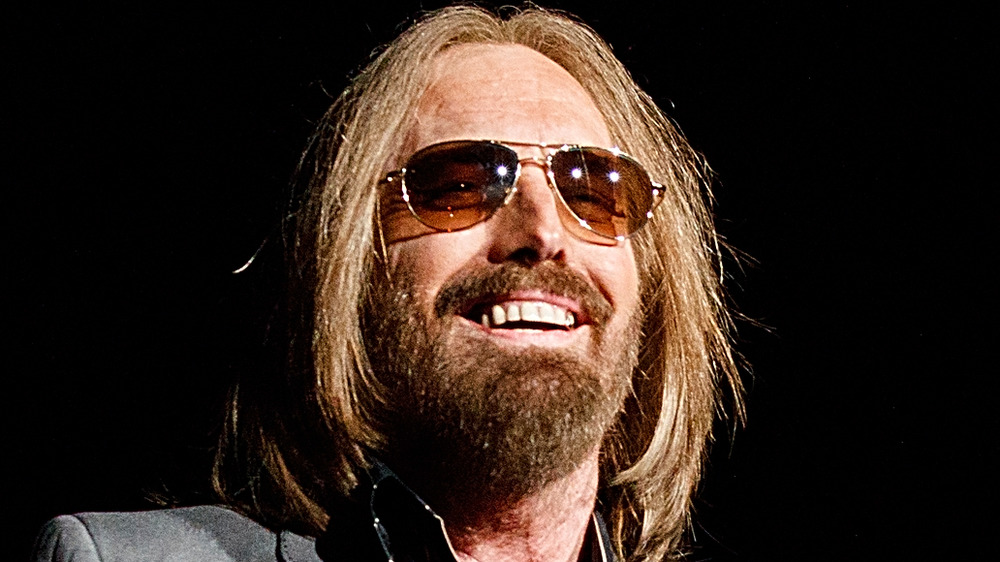
The Walking Dead Star Who Appears In Tom Petty's Latest Music Video

Isaac Asimov Wrote Much More Than Science Fiction
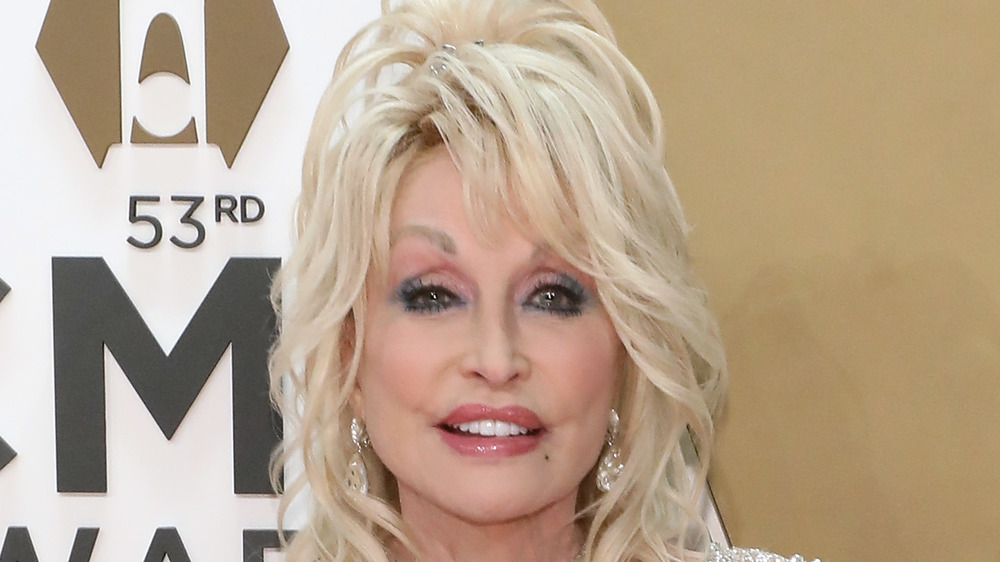
This Is Who Wrote One Of Dolly Parton's Biggest Duets
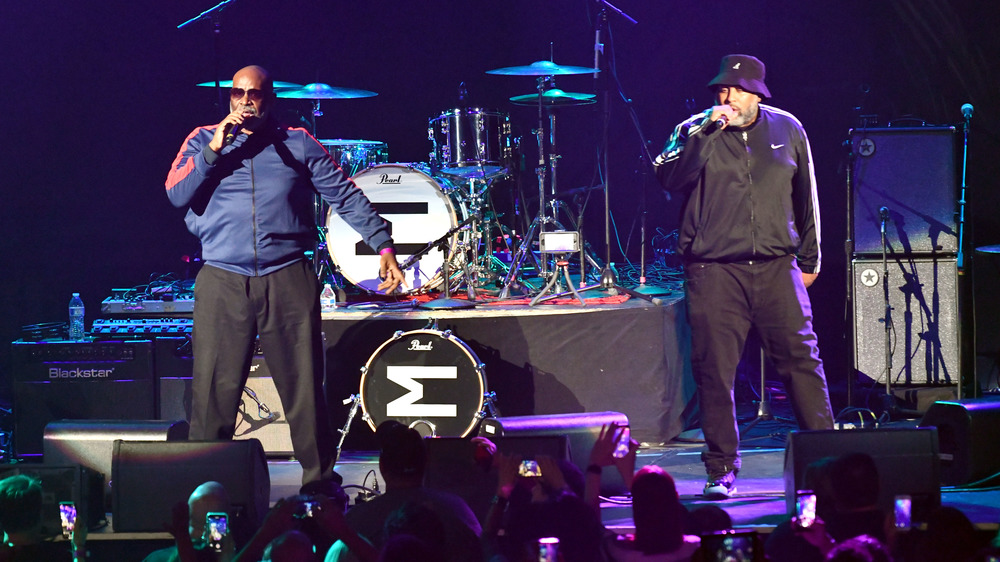
Tag Team: The Untold Truth Of The Hip Hop Duo
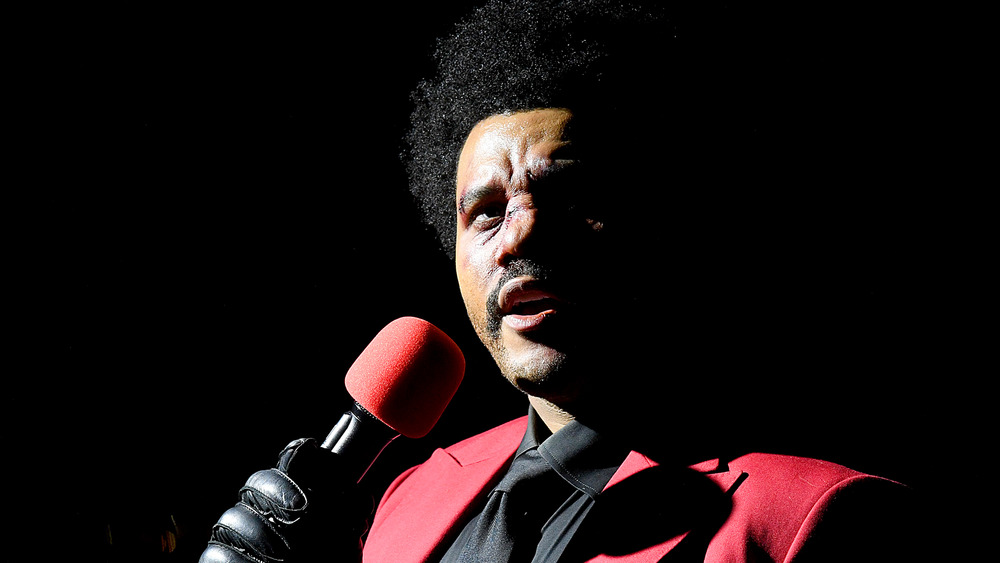
The Weeknd Is Worth A Lot More Money Than You Think
